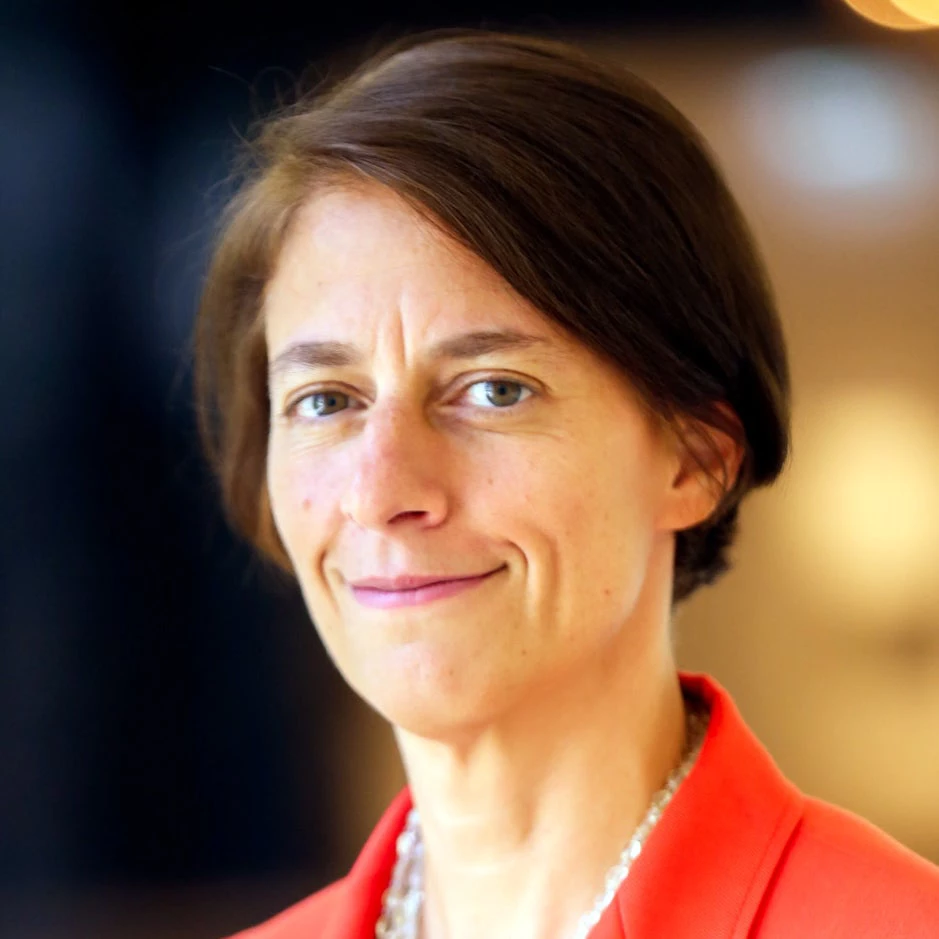Also available in: Français

"This meeting is going to be different. It’s going to be a turning point from the lofty, theoretical policy deliberation to real action on the ground to save our planet’s green lungs and our global climate." Those were my thoughts last week when I walked into a packed conference room in Brussels, Belgium, where a crowd of about 80 people from around the globe had gathered to learn about cutting-edge proposals from six pioneering developing countries with big, bold plans to protect forests in vast areas of their territories.
Chile, the Democratic Republic of Congo (DRC), Ghana, Mexico, Nepal, and the Republic of Congo came to the 9th meeting of the Carbon Fund of the Forest Carbon Partnership Facility (FCPF) to convince 11 public and private fund participants to select their proposal as one of a small group of pilots intended to demonstrate how REDD+ can work.
REDD+ is the simple but brilliant idea that forested developing countries keep their forests standing and developed countries pay for the carbon that, as a consequence, is not released into the atmosphere.
It’s a concept that benefits many. Developed countries have a cost-effective mechanism to meet global climate mitigation objectives, while developing countries benefit from the many tangible "co-benefits" that healthy forests and climate-smart land use provide: increased food security for farmers who rely on micro-climates regulated by forests, secure sources of water, pollinators for shaded crops such as cocoa and coffee, erosion control, and the rich flora and fauna that tropical forests harbor. Unsustainable agricultural practices lead to forest loss and contribute to as much as one-third of global greenhouse gas emissions.
Maybe it was the view onto the bright green tree tops of an adjacent park that kept the focus of the meeting on what mattered most: Launching some of the REDD+ proposals on a path to become reality, showing global and local stakeholders that REDD+ is moving forward, not only in the UNFCCC negotiations, but also on the ground.
The REDD+ proposals that were selected, which may each receive between $50-70 million, were as diverse as the countries themselves.
Ghana had a strong focus on greening the supply chain of cocoa that is driving forest loss through agricultural expansion. Partnering with the private sector through the Cocoa Board, the government proposed a community-based approach to double cocoa yields in at least 25 percent of the country. One-third of Ghanaians rely directly on the sector, and so the potential livelihood improvements are huge. And with Ghana being one of the top global cocoa producers, the program will also help to provide the world with deforestation-free chocolate.
The strength of Nepal’s proposal lies in the strong co-benefits it would deliver in addition to reduced carbon emissions, both in terms of community livelihoods and biodiversity conservation. The proposed area covers two World Heritage Sites, three RAMSAR sites, and rich biodiversity, including tigers and Asian rhinos. The program builds on the success of existing community-based forestry management and lays out a clear vision for sharing benefits with local communities. Combined with strong political backing and ownership, a key prerequisite for forest-friendly development beyond the forest sector, Nepal’s proposal was a winner all around.
Mexico persuaded participants with an innovative proposal that met high expectations for a country that has net zero deforestation written in its climate change law. Building on 10 years of successful community-level forest management, the Mexican proposal focused on states that still have high rates of net deforestation. The proposal combined planning on a regional level with community empowerment for decision-making on forest and natural resources management on the ground, with strong benefit sharing arrangements as the final touch.
The proposal of the DRC provided a model case for how a country that still has high forest cover, but is facing immense threats of deforestation in the near future, can shift its development trajectory onto a green development path. The ambitious proposal targets the deforestation frontier of its sprawling capital Kinshasa, where the demand of a rapidly growing population of nearly 10 million people for charcoal, timber, and food is putting huge pressures on the forest. Adding to the strength of DRC’s proposal was the high-level political support and alignment with the country’s green development objectives, the fact that more than 100 organizations representing a broad range of stakeholders contributed to the concept, and the support it has gained from civil society at a national level.
So, what’s next? Two months from now, the same crowd will reconvene to select five to seven more proposals to vie for the $465 million available in the Carbon Fund. A proposal from Chile with an innovate focus on forest degradation and a proposal from the Republic of Congo with a one-of-a-kind public-private sector partnership are still contenders in the pool of proposals to select from in June.
The final selection will support bold, pioneering countries that are taking REDD+ to a scale that can make a difference for their forests and the climate. These countries will be important ambassadors as we head into the UN Climate Summit in September and UNFCCC climate negotiations in December. They show that we can manage our landscapes sustainably and that there are alternatives to unsustainable agricultural practices.
A comment from Victor Kabengele Wa Kadilu, REDD+ Coordinator in DRC, echoes in my ear as he eloquently summed up the meetings: "We need to share our success with the people, as real success can only be made on the ground. We will know that it is time to celebrate when the small farmers say that their yields have increased, while we see that the forests have remained standing."


Join the Conversation